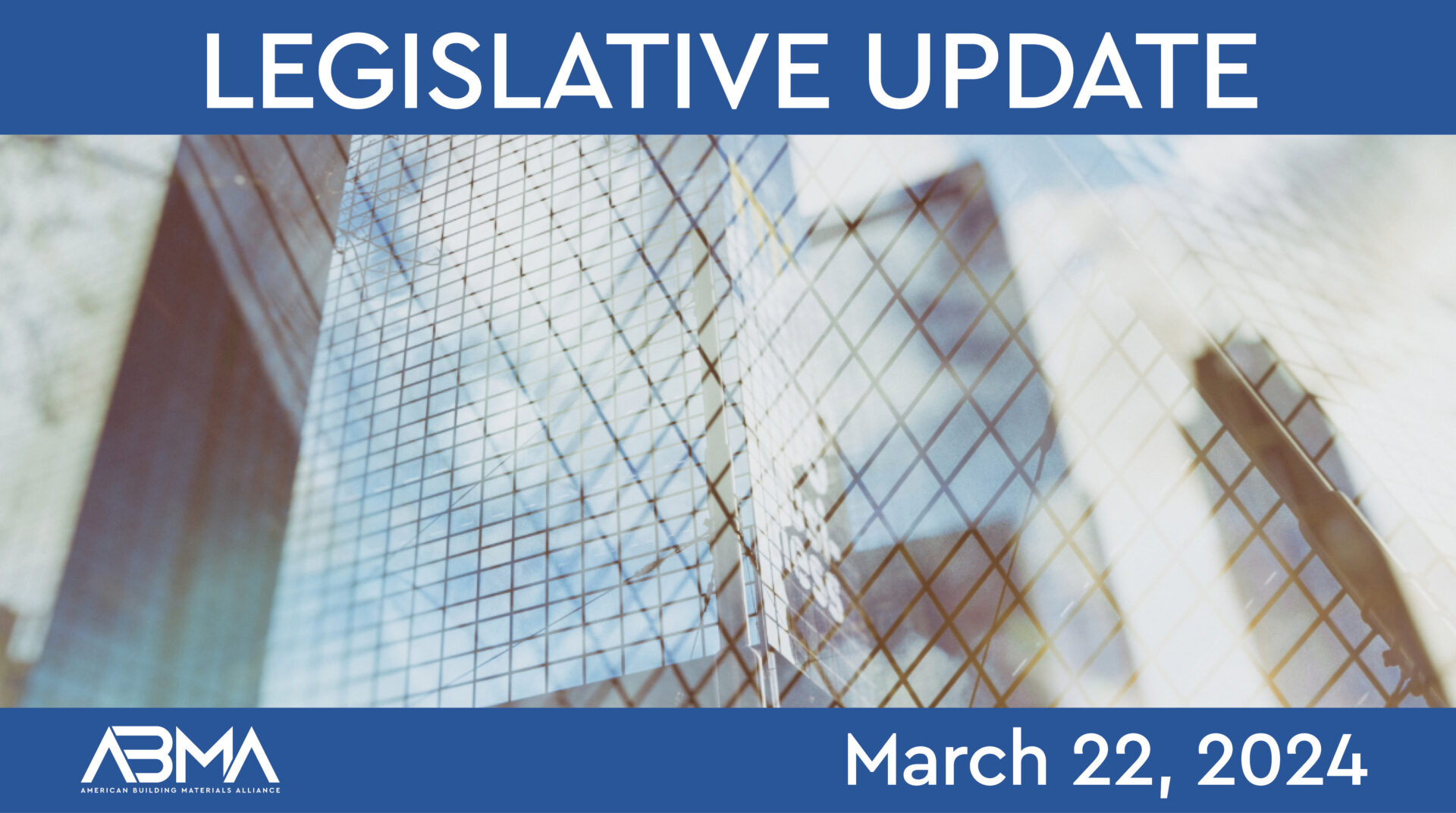Congressional Challenge to Independent Contractor Rule Sparks Debate
On Thursday, the House Education and Workforce Committee reported H.J.Res. 116 on a party line vote of 21-13. The measure is known as a Congressional Review Act (CRA) resolution and, if passed and signed into law, would nullify the new Independent Contractor rule that took effect last week. That rule rescinds the 2021 independent contractor rule issued under former President Donald Trump and replaces it with a six-factor test that considers:
- opportunity for profit or loss depending on managerial skill
- investments by the worker and the potential employer
- degree of permanence of the work relationship
- nature and degree of control
- extent to which the work performed is an integral part of the potential employer’s business; and
- skill and initiative.
All six factors are weighed equally in determining status. In other words, it makes classifying as an independent contractor much more difficult.
As we know, the independent contractor model is relied on heavily by the trucking industry. In fact, over 350,000 drivers on the road today choose to operate as independent contractors and the American Trucking Association has been a vocal opponent of the proposal. During the markup Thursday, Chairwoman Virginia Foxx (R-NC) had this to say: “Allowing for entrepreneurship through pursuits such as independent contracting is how we will repair the American economy, not through bad government regulations that destroy the freedom to work independently.”
Senator Bill Cassidey (R-LA) has introduced a similar resolution in the Senate. While these CRAs are helpful in messaging opposition to the new rule, they are unlikely to pass. Even if the measure were to clear the Democrat-controlled Senate, it would most certainly be vetoed by President Biden and the votes would not be there to overturn a veto.
ABMA Signs Coalition Letter to Delay CTA
Last week, ABMA signed onto a letter here: urging the Chair and Ranking Member of the Senate Banking Committee to pass legislation delaying the compliance deadline for the Corporate Transparency Act. Despite a favorable court striking down the CTA as unconstitutional, we have come to find out that the ruling applied to the plaintiffs only – members of the National Small Business Association (NSBA). The letter points out that—
FinCEN (Treasury’s financial crimes unit) indicated it would continue to enforce the CTA against all small businesses and other entities not named in the lawsuit. This decision effectively creates two classes of small businesses: those that were members of the NSBA as of March 1st will enjoy the protections of the Constitution while the remaining 32 million small businesses targeted by the CTA will not.
Meanwhile, many small business owners will hear about the ruling and conclude that they are no longer obligated to comply, unaware that they are making themselves vulnerable to the CTA’s stiff fines and criminal penalties. FinCEN, meanwhile, has no practical means of distinguishing between NSBA members and other small businesses. The NSBA’s membership is not public, and the courts have previously ruled that the government cannot compel trade associations like the NSBA to turn over their membership lists.
Legislation to delay CTA implementation is S. 3625, the Protect Small Business and Prevent Illicit Financial Activity Act, introduced by Senator Tim Scott (R-SC). The House companion is H.R. 5119, introduced by Representatives Zach Nunn (R-IA) and Joyce Beatty (D-OH), which passed the House of Representatives on a bipartisan vote of 420-1 on December 12, 2023. ABMA will continue to monitor action on this issue and report on developments.
Congress to Avert Shutdown with Appropriations Package
On Thursday morning, Congressional leaders unveiled text of an appropriations package covering the remainder of the federal agencies and departments whose funding runs out on Friday. The package would fund the Departments of Defense, State, Homeland Security, Treasury, Labor and Health and Human Services through the end of the fiscal year—September 30, 2024. A brief government shut down is still possible over the weekend, but the measure will be enacted and the threat of more government funding lapses will be off the table, at least for the foreseeable future.




